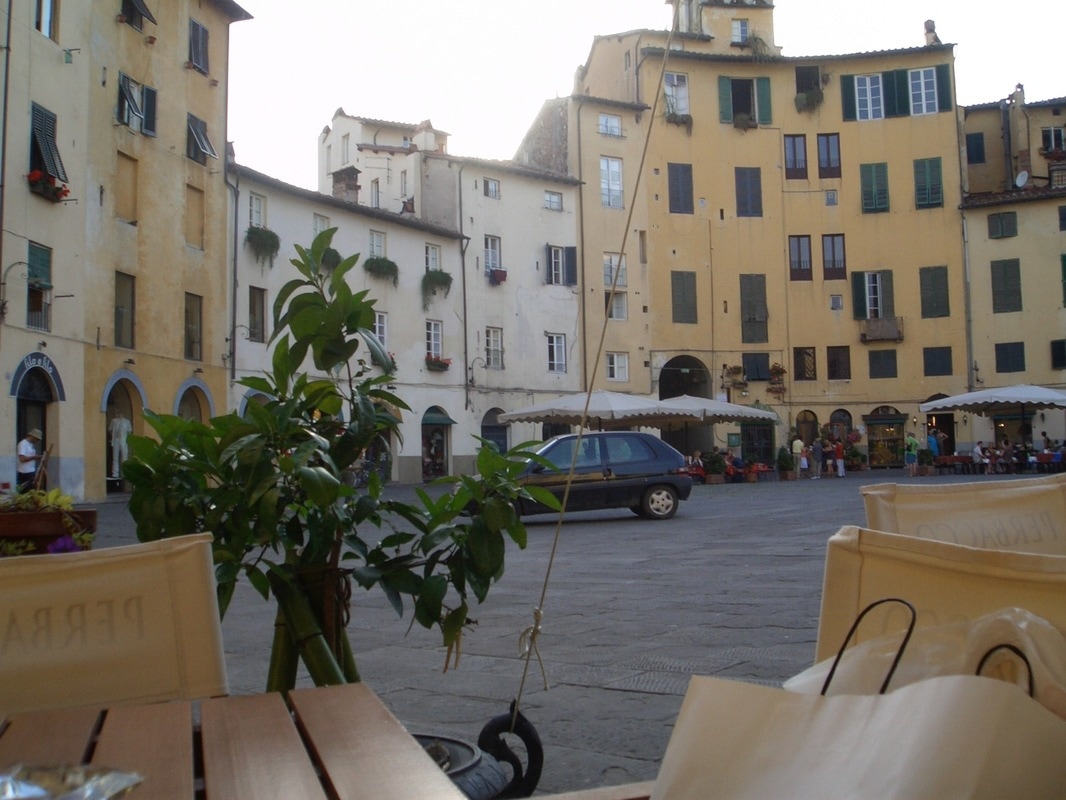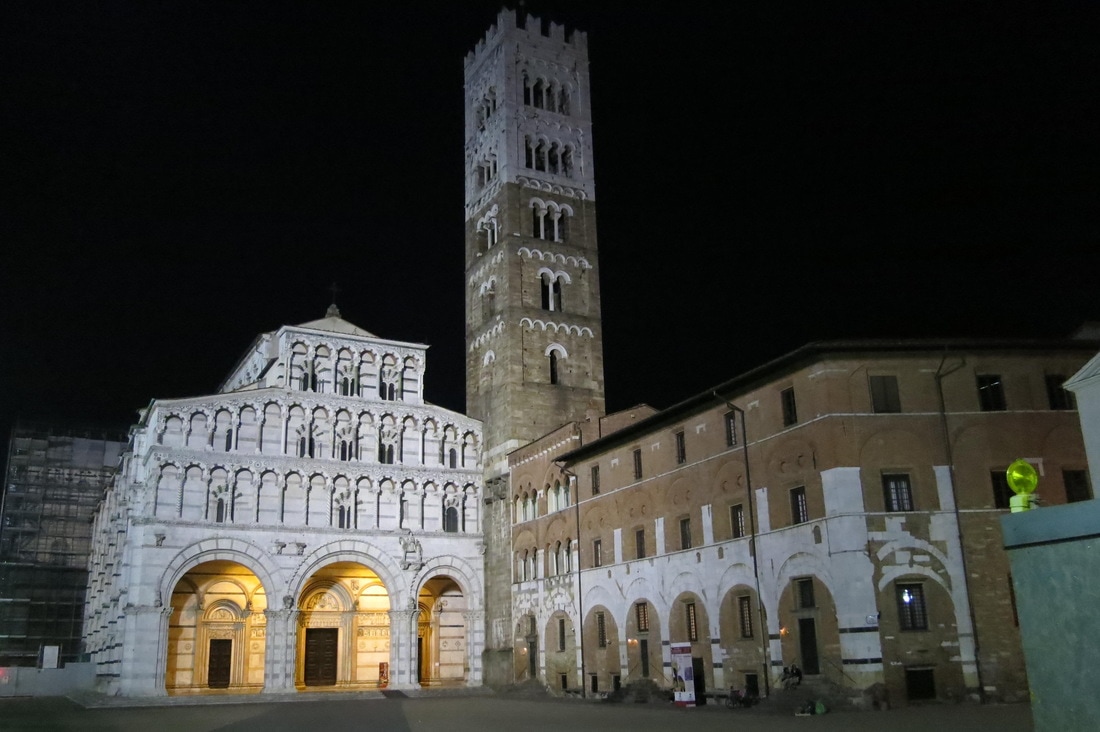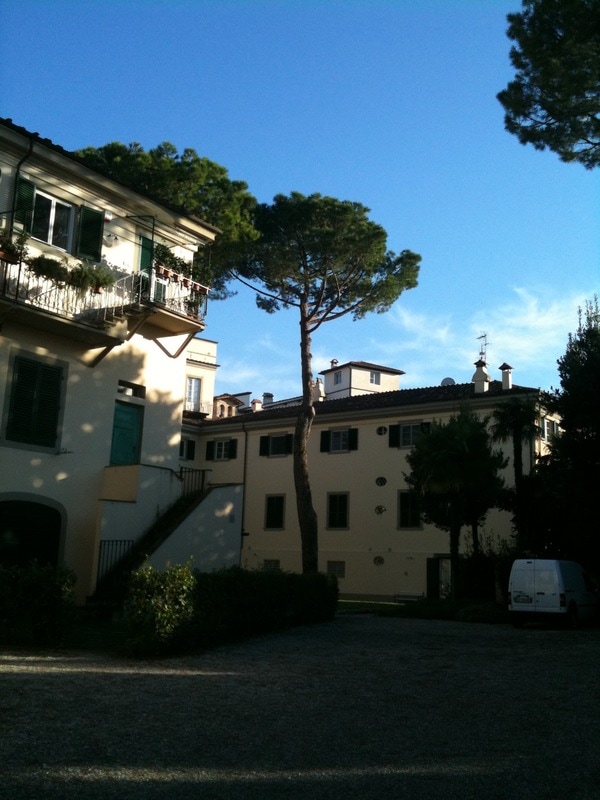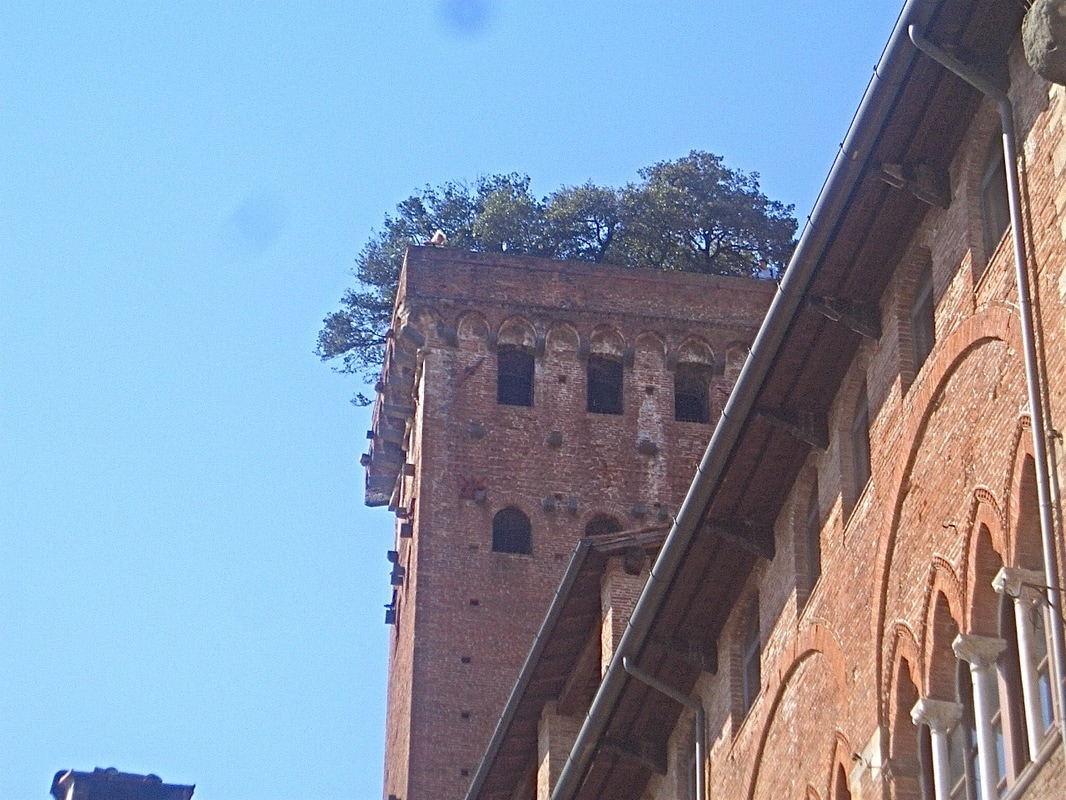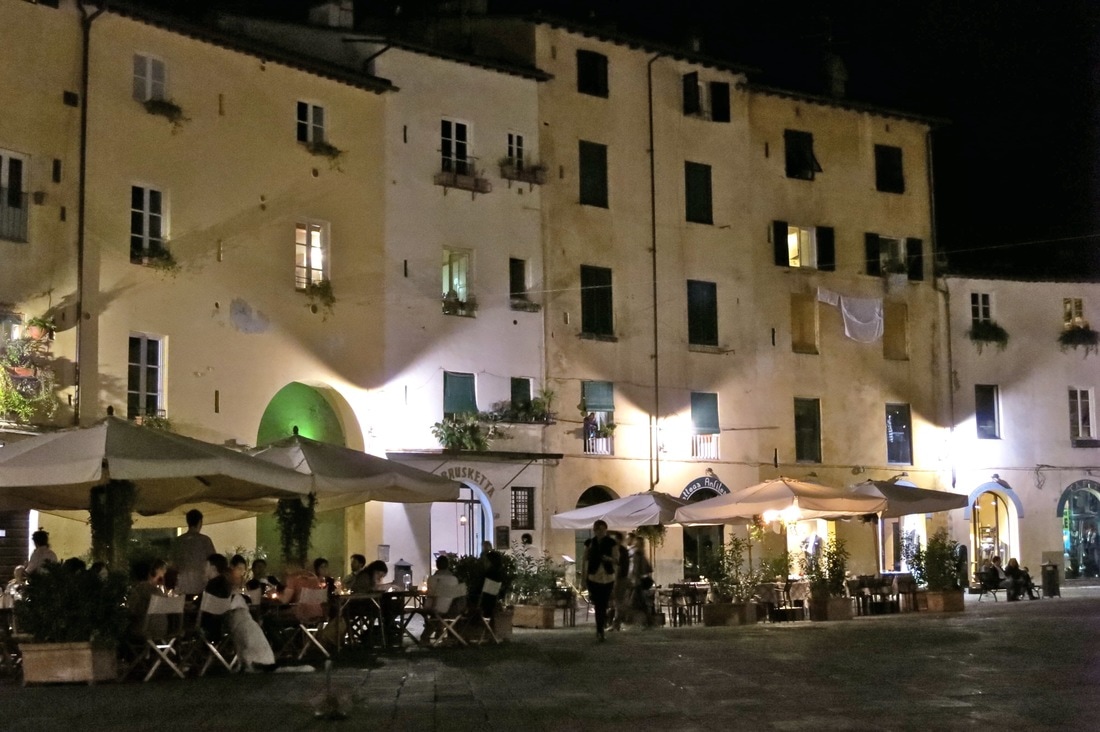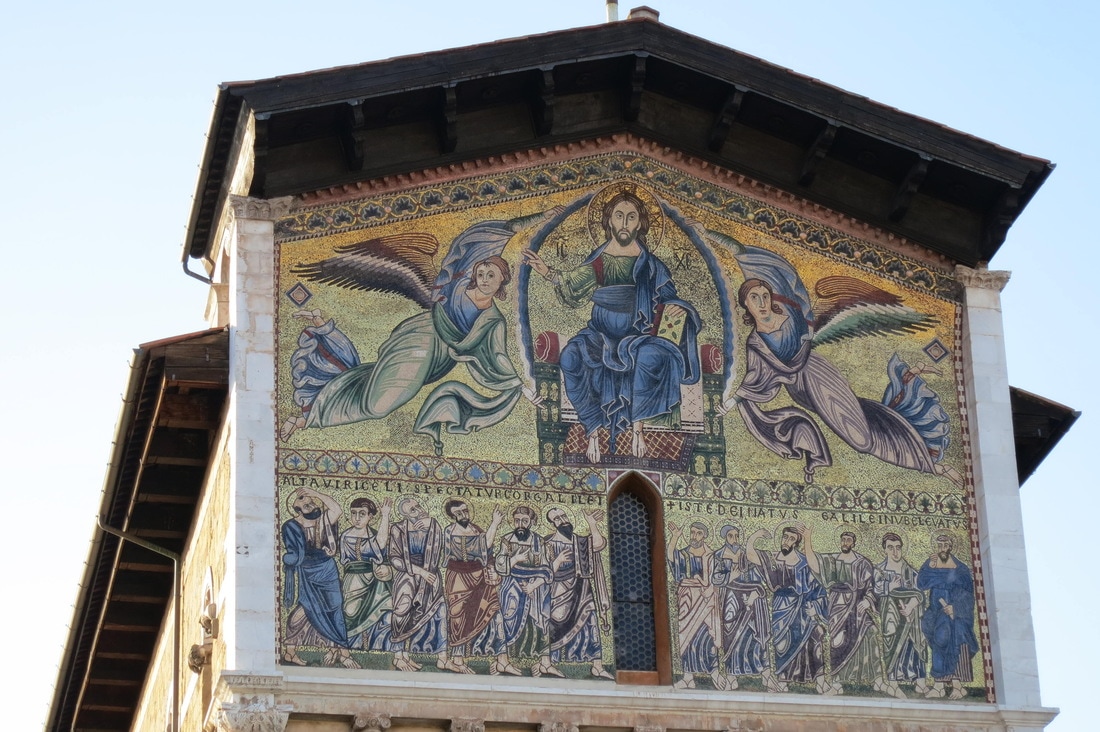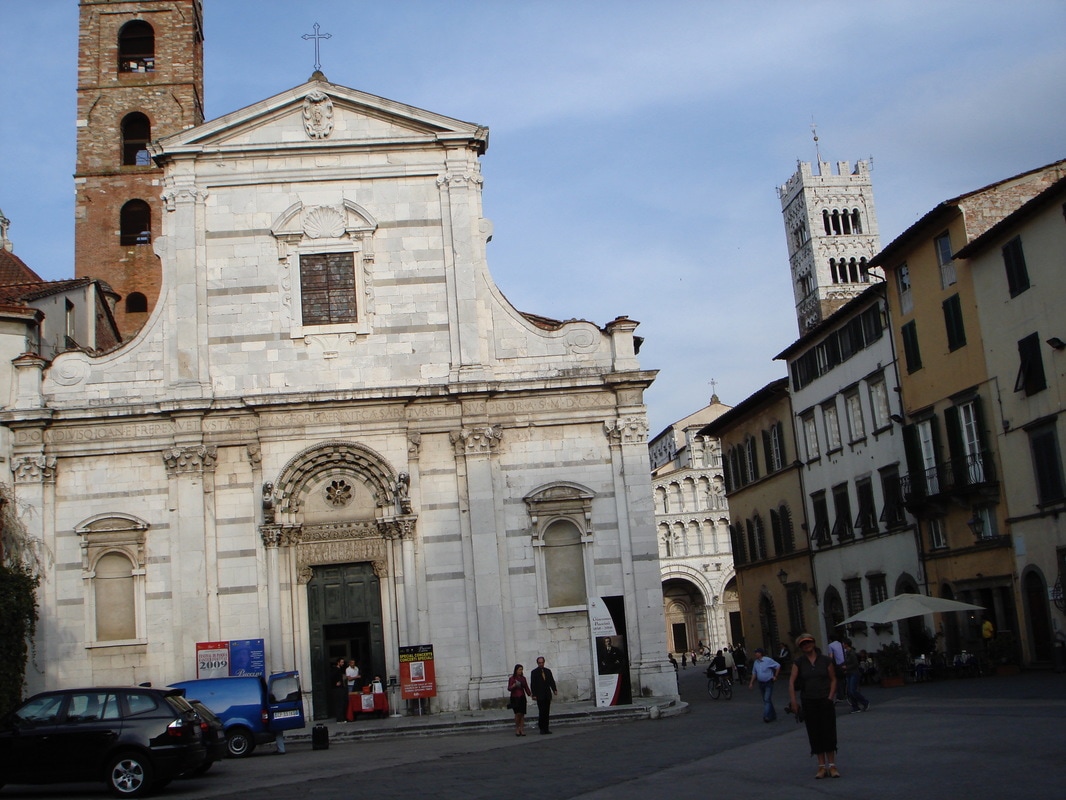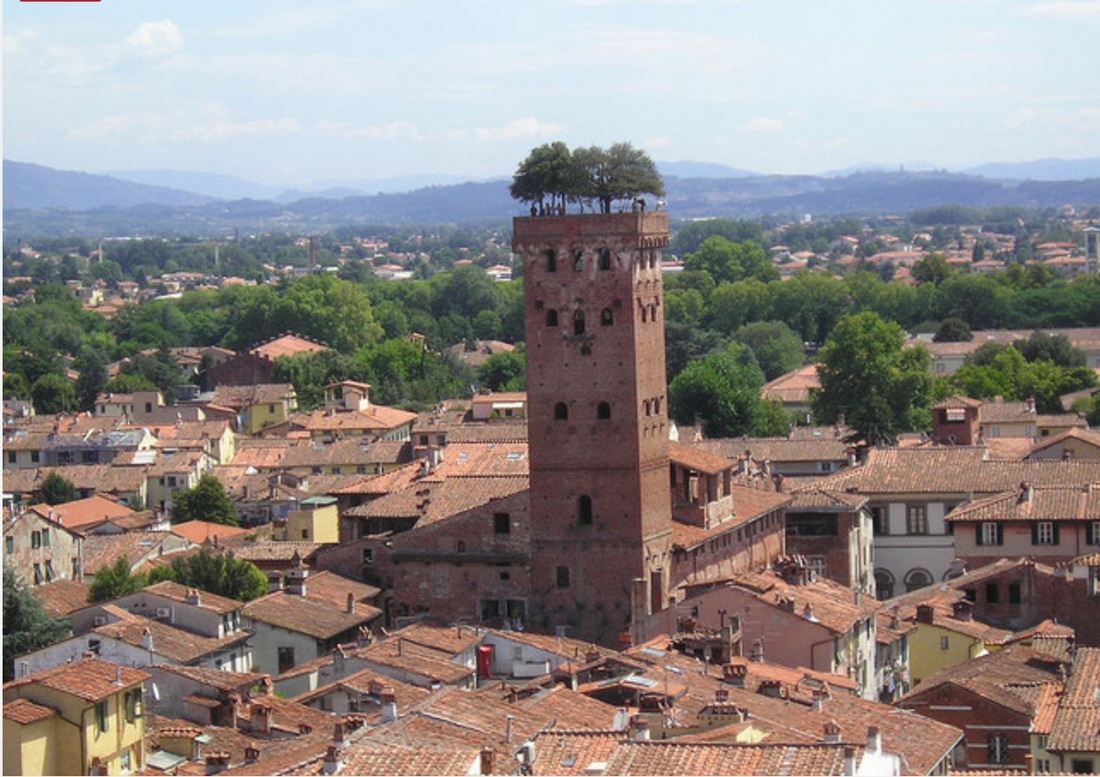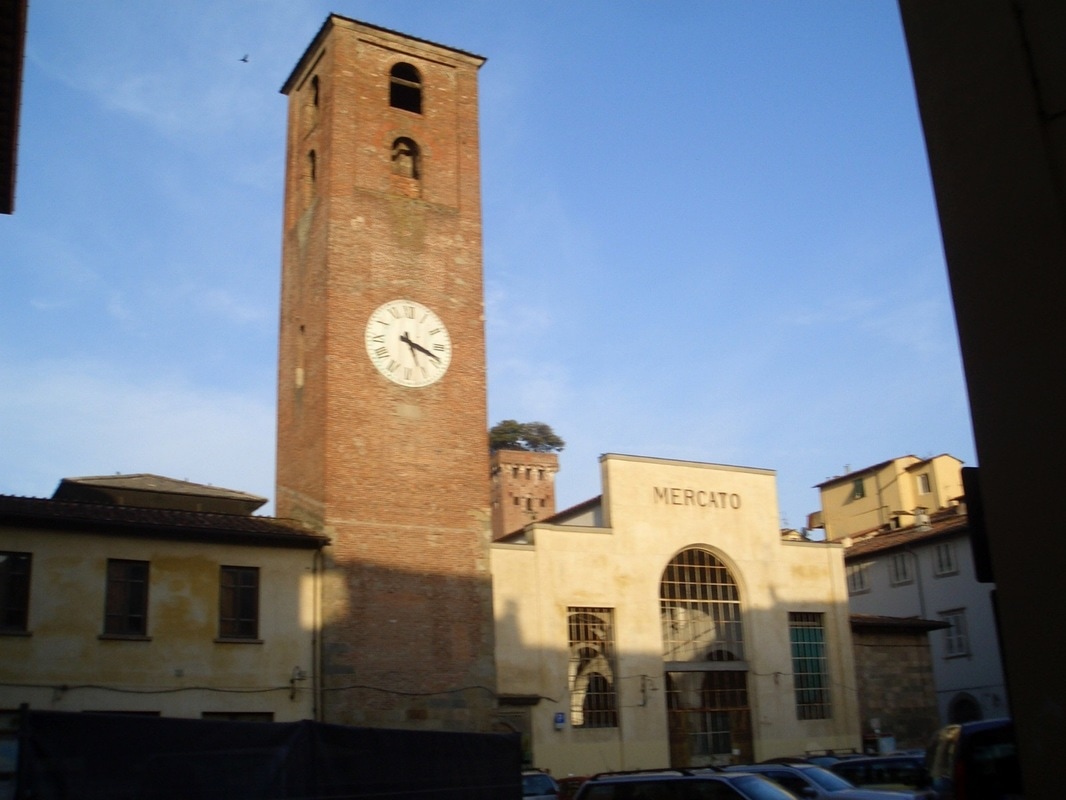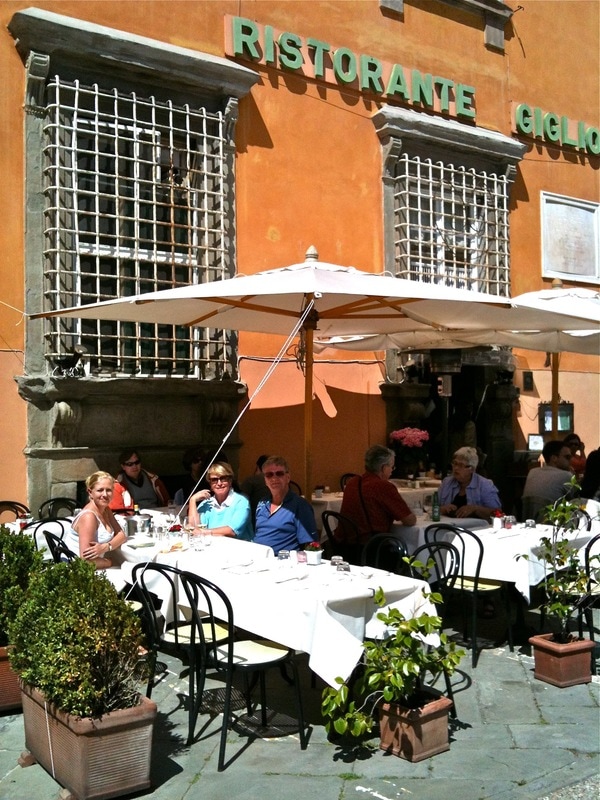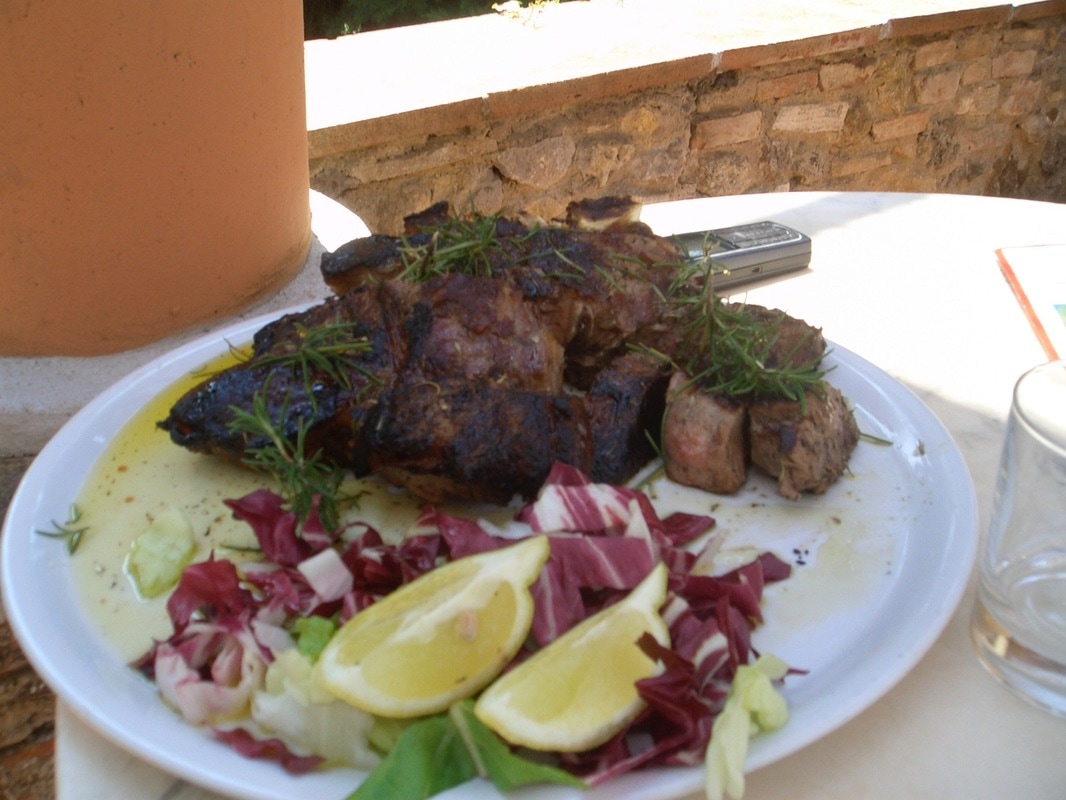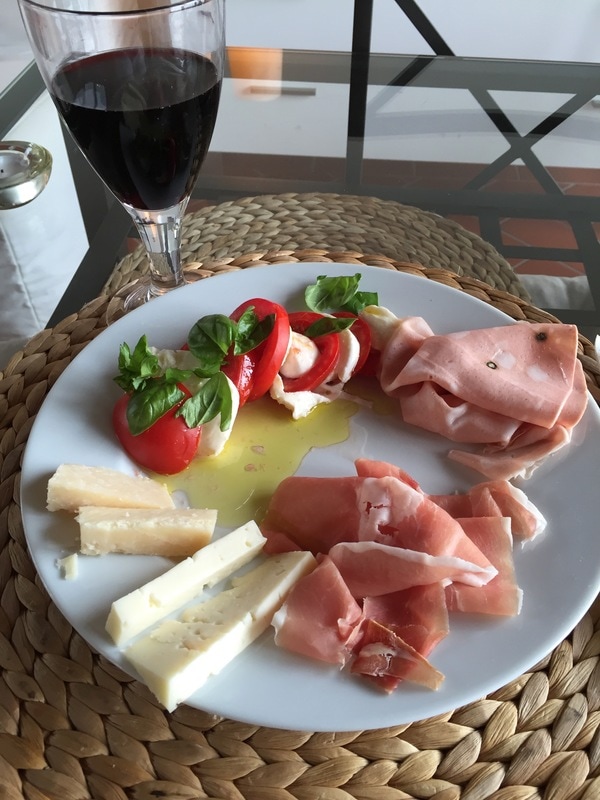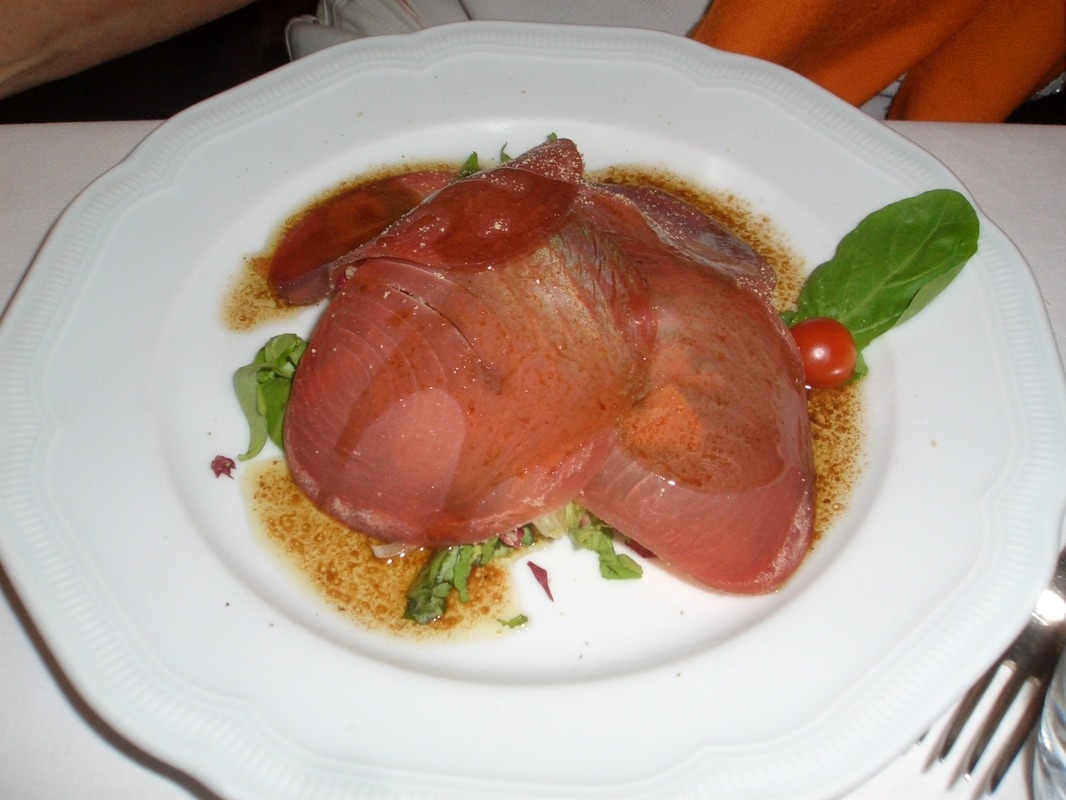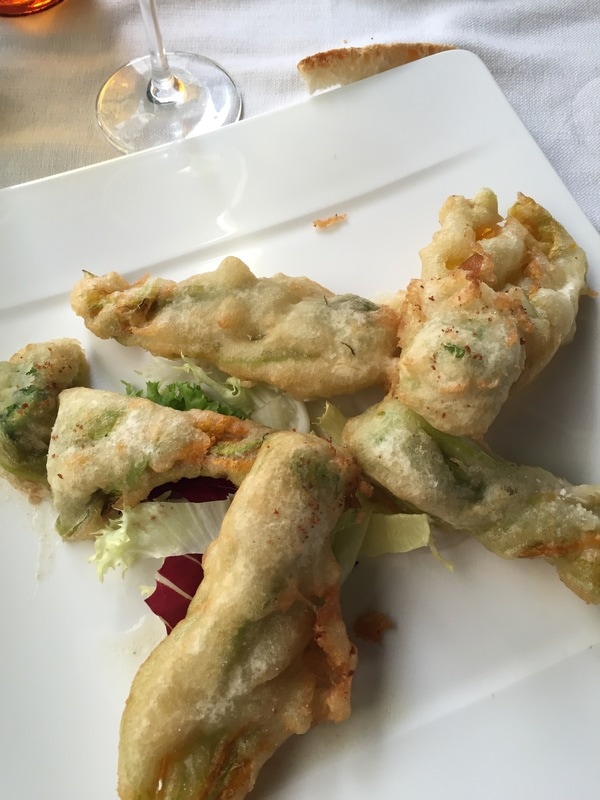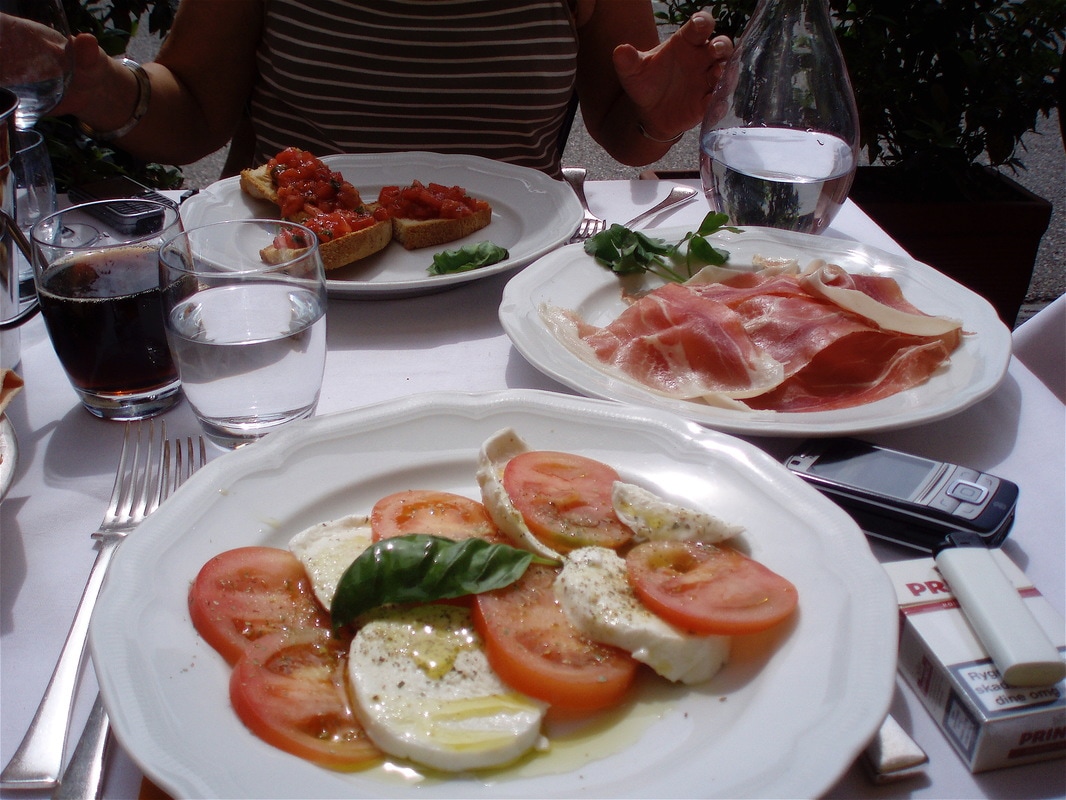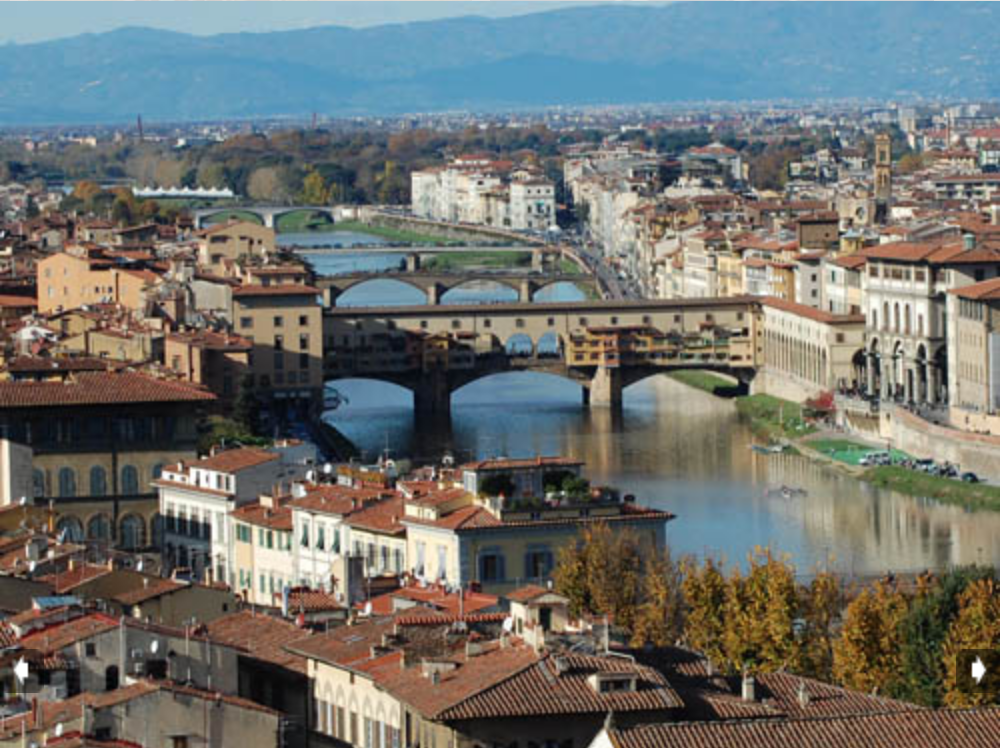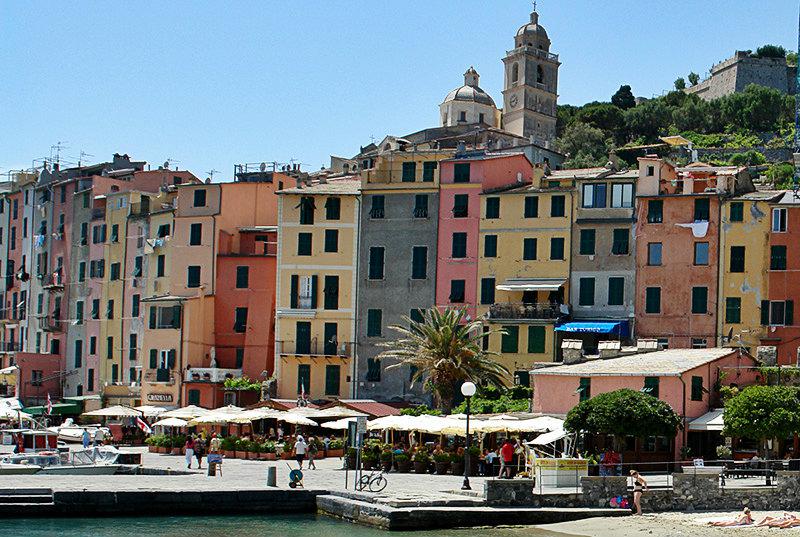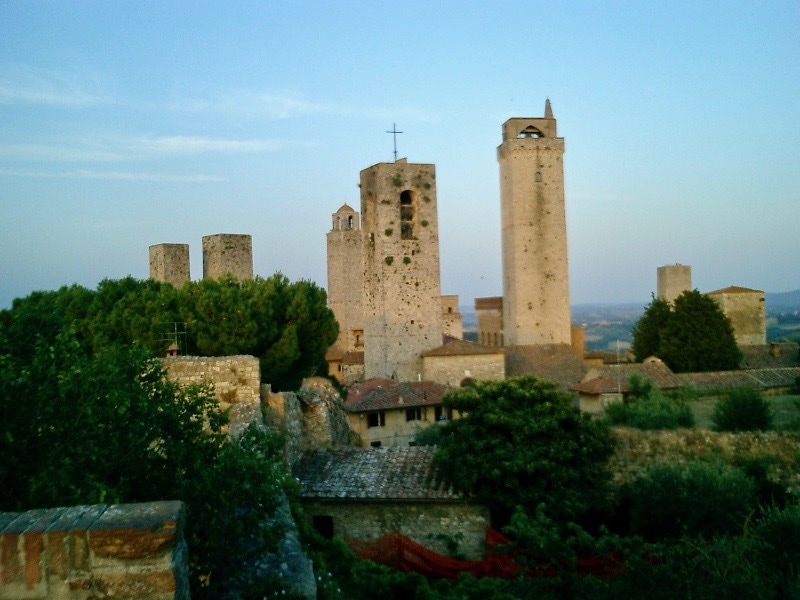Cultural History
Lucca is situated in the north of Tuscany, west of Firenze and north-east of Pisa and has approximately 90.000 inhabitants.
The city was founded by the Etruscans and formed part of the Roman empire around 180 BC. The city is and has always been a wealthy city with powerful nobility and a lively trade. Lucca and surroundings are popular both among tourist and people wishing to purchase homes. The city that is a cultural pearl is situated very closely to Pisa and Firenze airports, luxurious beaches, golf courses and smaller ski resorts. The most spectacular about the city is the wall surrounding the entire historic centre of Lucca, and which is completely intact today. The wall was build in the 17th century to protect the city against the enemies of the surrounding very significant cities, especially Firenze and Pisa. The wall is more than 4 km and today it is used for walking, jogging, and to barbecue, play music and sun bathing. Also in Lucca, high towers were in the Middle Ages a symbol of power and wealth of the noble families, and numerous of these towers are still significant landmarks several places in the city of Lucca. Lucca is to a great extent still a medieval city and closed to cars and scooters, however both the tourists and the locals are bicycling around and football is played on the squares. Lucca has and has always had a rich cultural life. It was in Lucca Puccini composed operas as Madame Butterfly and Turandot, and the city housed for a period the violin genius Paganini. Today small and large concerts are taking place during the entire summer period in the squares of Lucca, and further there is a famous festival of opera. |
Food & Dining
|
Food in Italy is always delicious, and Lucca and surroundings is not an exception. In the supermarket ESSELUNGA – not for from the apartment – you will find an extraordinary selection of fresh meat, fish, vegetables and fruit.
A walk uphill will take you to LE COLONNE with pizzas, pastas and fantastic beef. Just outside – also uphill – is DA SEVERINO who will sell or serve prociutto, sausages and cheese. |

